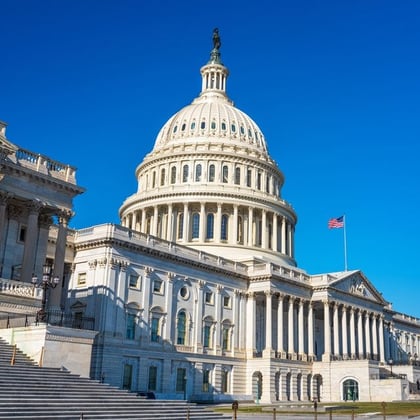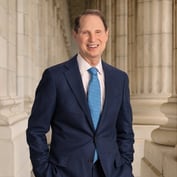What You Need to Know
- The Social Security Fairness Act would eliminate the Windfall Elimination Provision and the Government Pension Offset.
- These provisions can reduce benefits for public workers who did not pay Social Security taxes.
- Rep. Larson called again for Congress to take up his Social Security 2100 bill, which would also repeal these rules.
The House Ways and Means Committee Tuesday ordered without recommendation to the full House H.R. 82, the Social Security Fairness Act of 2021, which repeals Social Security’s Windfall Elimination Provision (WEP), which in some instances, reduces Social Security benefits for individuals who also receive a pension or disability benefit from an employer that did not withhold Social Security taxes.
The bill also eliminates the government pension offset (GPO), which in various instances reduces Social Security survivors’ benefits for spouses, widows and widowers who also receive government pensions of their own.
The bill’s changes are effective for benefits payable after December 2021.
With Ways and Means reporting the bill without recommendation, “it’s now up to House Democratic leadership whether to take up the bill on the House floor,” Dan Adcock, director of Government Relations and Policy for the National Committee to Preserve Social Security and Medicare, told ThinkAdvisor Tuesday in an email.
House Ways and Means Social Security Subcommittee Chairman John Larson, D-Conn., has been pressing House lawmakers to vote on his comprehensive Social Security 2100 bill, but chances of that happening by year-end appear to be unlikely.
As the Social Security Administration explains, the WEP can affect how it calculates workers’ retirement or disability benefit.
“If you work for an employer who doesn’t withhold Social Security taxes from your salary, such as a government agency or an employer in another country, any retirement or disability pension you get from that work can reduce your Social Security benefits,” the SSA explained.
The WEP “can reduce your U.S. retirement or disability benefits if you receive a pension based on work and you did not pay U.S. Social Security taxes on those earnings,” according to the agency.
House Ways and Means Chairman Richard Neal, D-Mass., said Tuesday during the markup that while H.R. 82, which has 300 co-sponsors, is “very popular,” there are also concerns about its broader impact on the solvency of Social Security.
“We are faced with a very challenging question — how to address the concerns of hardworking public servants while also safeguarding Social Security for all, and for generations to come,” Neal said. “I’m committed to finding a path forward and will continue working closely with Ranking Member [Kevin] Brady to find meaningful relief to those who have spent their lives in service of their communities.”
Larson told ThinkAdvisor Tuesday afternoon in an email that Social Security 2100: A Sacred Trust “includes President Biden’s proposal for full repeal of WEP and GPO and is paid for, so it will not harm the Social Security Trust Funds.” The bill “also goes well beyond the 27 states that are impacted by this problem, helping current beneficiaries and all Americans who pay into Social Security. We continue to work with Chairman Neal and implore House leadership to bring 2100 to markup and then the floor.”
The Social Security Fairness Act of 2021 violates congressional pay-as-you-go rules and is thus unlikely to be taken up in the House during this Congress, Adcock said.









 September 20, 2022 at 03:46 PM
September 20, 2022 at 03:46 PM











